Hosepipe ban: here's what you can and cannot do
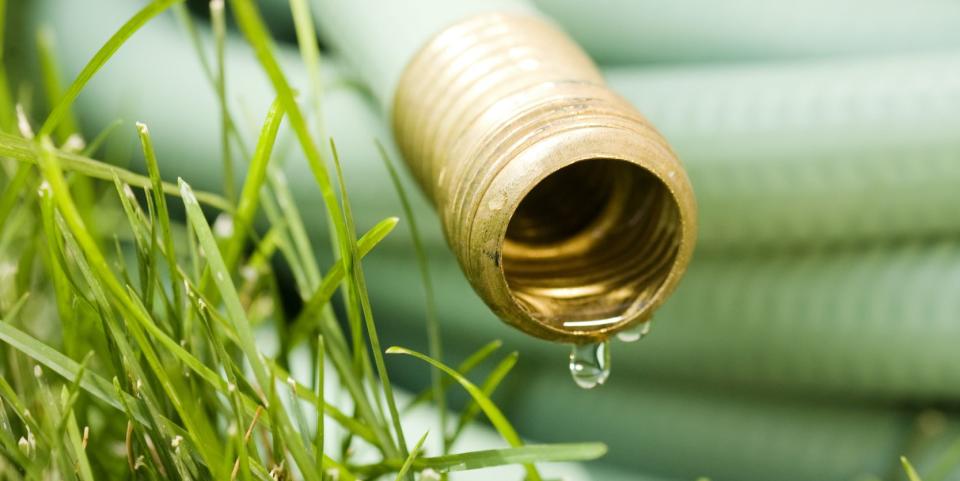
A hosepipe ban will be introduced in Kent and Sussex from 26th June, restricting households from using hosepipes or sprinklers to water their gardens, wash cars, boats and patios, or fill paddling or swimming pools.
South East Water is implementing the ban following a prolonged period of dry weather which has impacted the speed at which their water supply is replenished. And with the UK's recent high temperatures, the demand for drinking water has reached 'record levels' in June, similar to last year's drought.
South East Water's chief executive, David Hinton, said: ‘This situation has developed much more rapidly than last year. Understandably, we've seen customer demand increase in line with the hotter weather, however this has impacted our ability to keep all customers in supply at all times. Despite asking for customers help to use water for essential uses only, regrettably we've now been left with no choice but to introduce this temporary use ban restriction to protect customers supplies across Kent and Sussex.
'Restricting the use of hosepipes and sprinklers to make sure we have enough water for our customers' essential use, will ensure we can serve our vulnerable customers and to protect the local environment.'
The temporary hosepipe ban is in place for Kent and Sussex but it is not being implemented in South East Water's supply area in the West, which serves customers in Berkshire & Hampshire.
What does the Temporary Use Ban (TUB) actually mean?
Hosepipe bans or Temporary Use Bans (TUB) are put in place by water companies to manage water supplies, for example, after very dry, hot periods. If a ban is in place, you must not use a hosepipe that is connected to your mains water supply. For clarity, a hosepipe is anything designed, adapted or used to serve the same purpose as a hosepipe, so garden sprinklers and most irrigation systems connected to the mains water supply are all considered to be hosepipes, together with anything attached to them like jet and pressure washers.
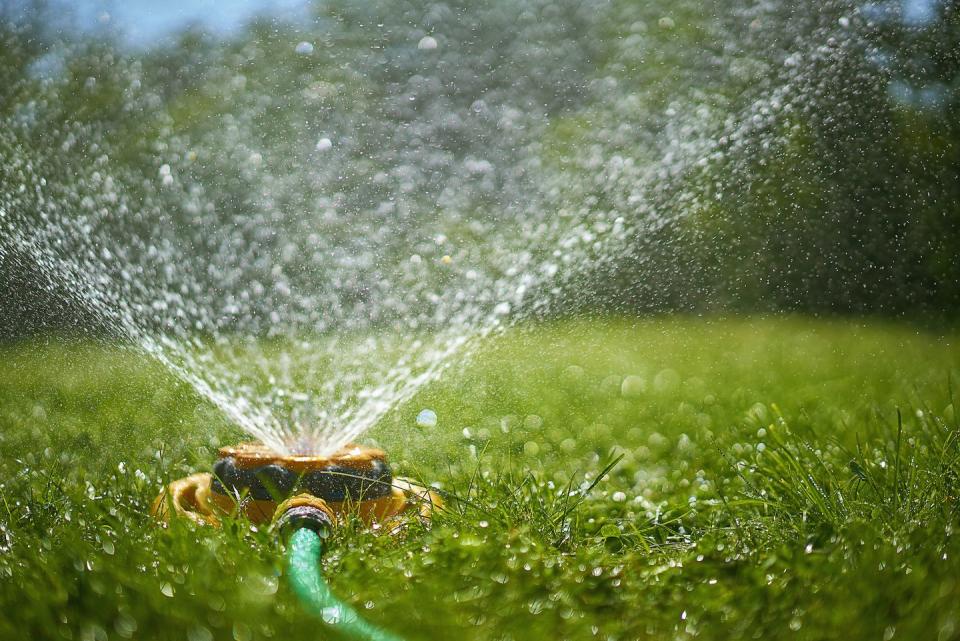
Are there any exceptions to a hosepipe ban?
Yes, if it is not connected to mains water, such as using a water butt or other recycled water system.
As such, you can continue to use a hosepipe if you are 'using drip or trickle irrigation watering systems, fitted with a pressure-reducing valve and a timer, that are not handheld, that place water drip by drip directly onto the soil surface or beneath the soil surface, without any surface runoff or dispersion of water through the air using a jet or mist', South East Water explain.
Watering of new lawns for the first 28 days after being laid and when undertaken outside of daily peak hours that occur 8am to 10am and 5pm to 9pm.
If it is required for unavoidable health and safety reasons.
If the welfare and/or health and safety of animals (including fish) would otherwise be affected.
If customers are unable to, or may find it hard to make adaptations, including medical reasons such as physical disability, and are registered with South East Water's Priority Services Register.
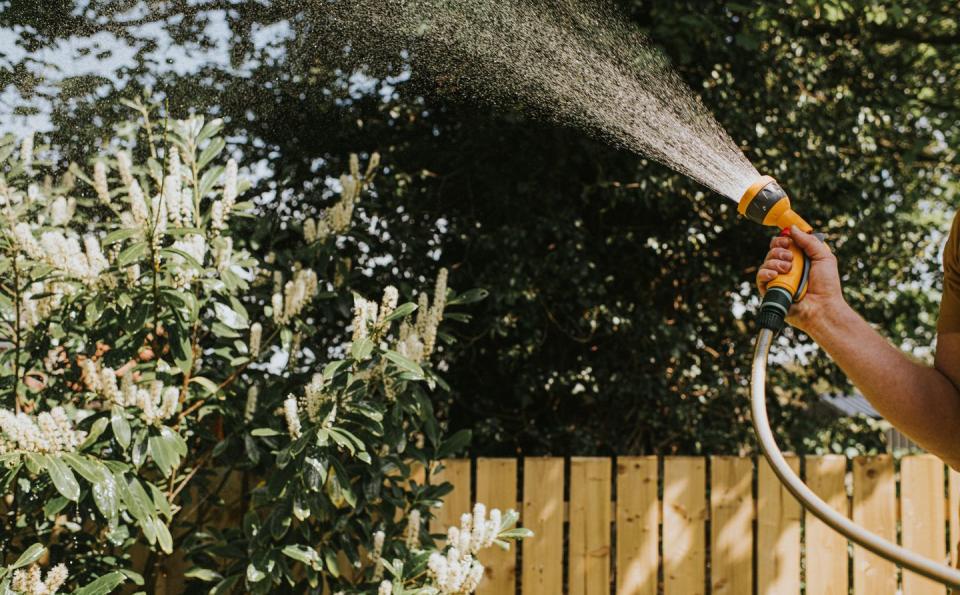
Can I be fined for breaking the rules?
If you break the rules of a hosepipe ban, you can be prosecuted in a criminal court and fined up to £1,000, under the Water Industry Act 1991 section 76, as amended by the Flood and Water Management Act 2010.
Can I still use a watering can?
Short answer: Yes. A hosepipe ban doesn't restrict you entirely from watering your garden. You are allowed to water your garden with tap water using a bucket or with a watering can.
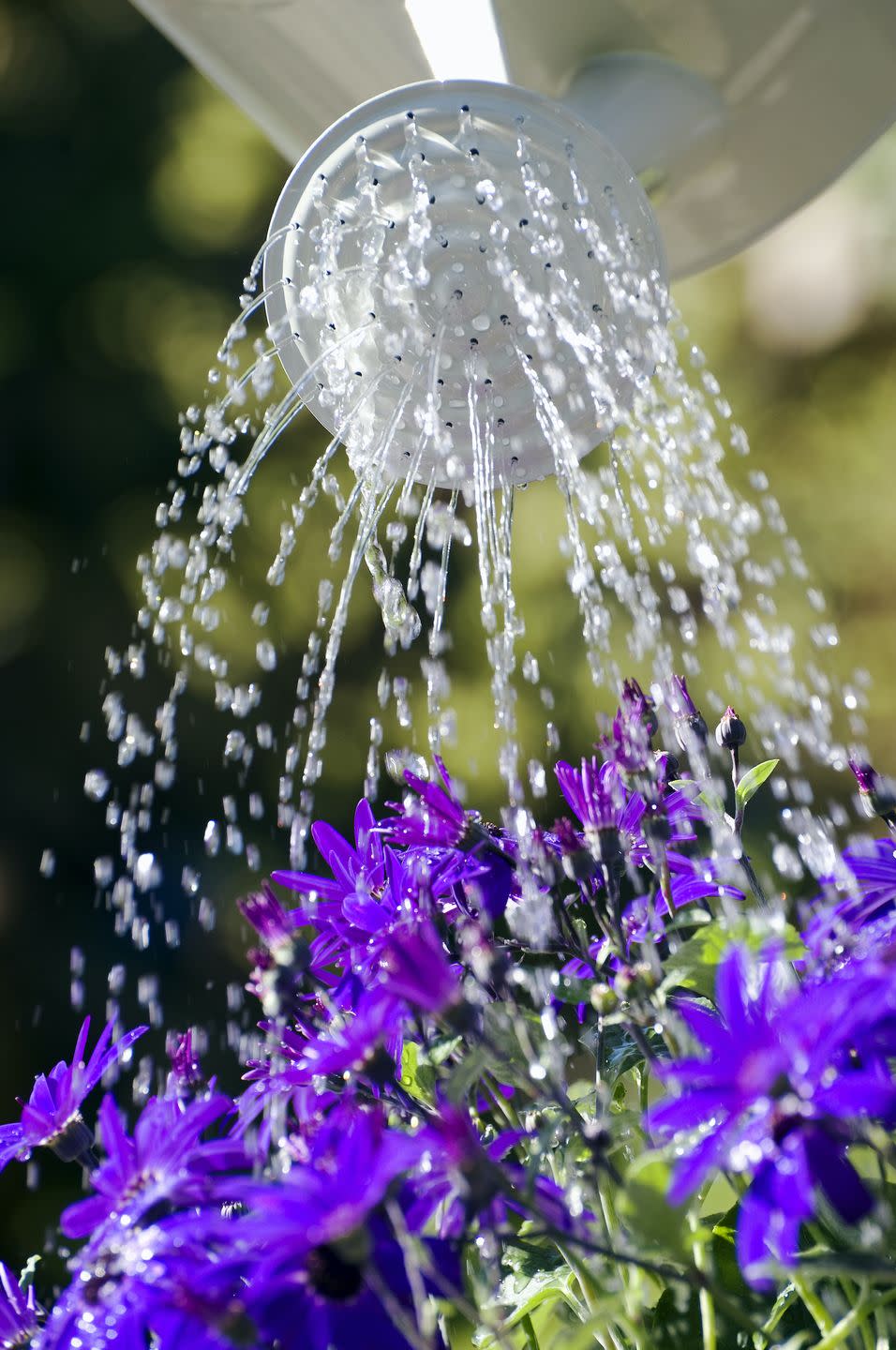
Can I use a water butt?
Yes, this is also allowed. 'Using a hosepipe that is connected to a water butt or other recycled water storage system will not be restricted,' South East Water confirm.
When a Temporary Use Ban is in place, you must not do the following:
• Water a garden using a hosepipe: this is defined as a private or public garden, a lawn, park; grass verge; an area of grass used for sport or recreation; an allotment used for non-commercial purposes; and any other green space.
• Clean a private car, van, trailer or other motor vehicle using a hosepipe
• Water plants using a hosepipe: You must not use a hosepipe to water plants in your home or garden or any other non-commercial premises.
• Clean a private leisure boat using a hosepipe
• Fill or maintain a domestic swimming or paddling pool
• Draw water, using a hosepipe, for domestic recreational use
• Fill or maintain a domestic pond (manmade or natural) using a hosepipe
• Fill or maintain an ornamental fountain (including a cascade or any other display of moving water, and includes filling by permanent plumbing)
• Clean walls, or windows, of domestic premises, using a hosepipe
• Clean paths or patios using a hosepipe
• Clean other artificial outdoor surfaces using a hosepipe
Where can I get more information about specific exemptions?
Please check with your water utility company based on the area in which you live. If you don't know who your water provider is, use Water UK's handy postcode checking tool.
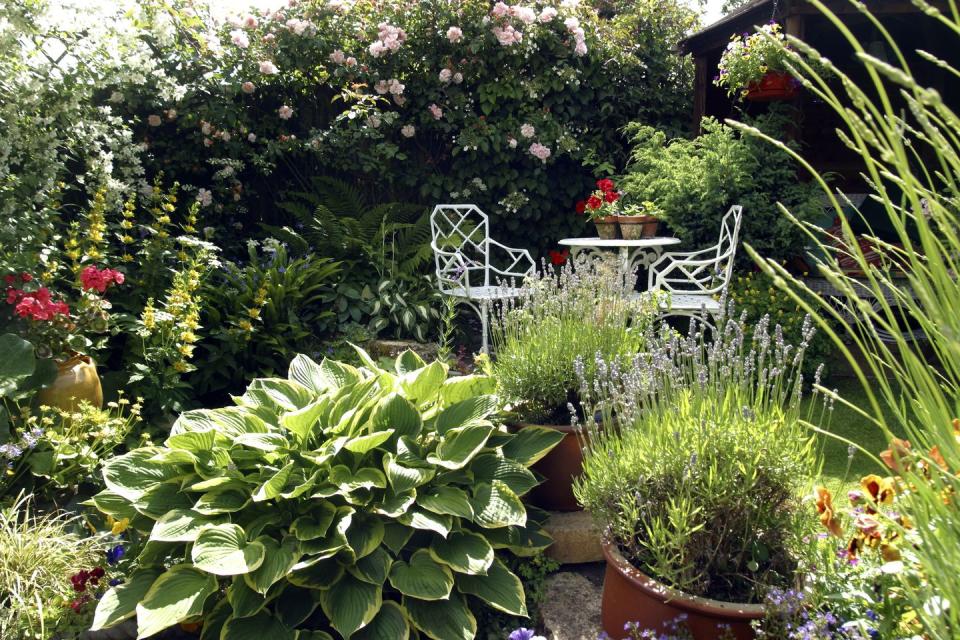
How to prepare in case there’s a hosepipe ban in your area
• Water butts
'Water butts are an affordable way to store rainwater for use in drier parts of the year. Even in dry regions of the UK, the RHS estimate 150 water butts full of perfectly clean rainwater could be collected from each roof every year,' say the landscaping experts at Toolstation. 'If you’re looking to save time, a water butt pump is a great idea – these help increase the water pressure.'
• Water pump
The team at Toolstation explain: 'If you live in an area that’s regularly affected by hosepipe bans and your home is near a river, canal or stream, it could be worth investing in a water pump. In many instances, as a property owner, you’re legally allowed to draw water from a surface water source to irrigate your garden. A water pump makes transporting water from the water source to your garden quick and effortless.'
• Grey water
'Domestic wastewater from things like baths, showers and kitchens can be used to water your garden too,' say the landscaping experts. 'Household soaps and detergents won’t harm your plants, but you’ll want to avoid reusing water that contains cleaning products like bleach and dishwasher salt.'
Follow House Beautiful on TikTok and Instagram.
You Might Also Like

 Yahoo Finance
Yahoo Finance 
